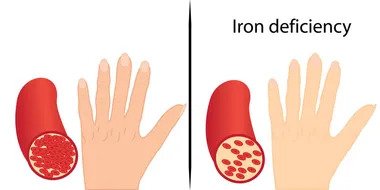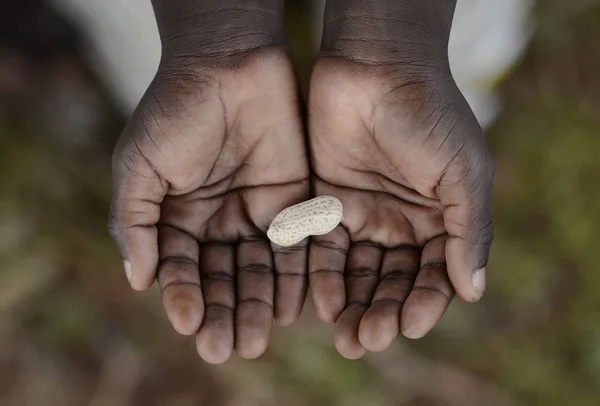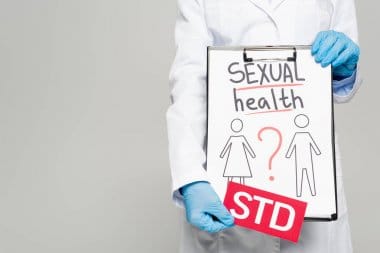Anaemia is a condition that occurs when you do not produce enough red blood cells. The red blood cells help to transport oxygen around the body. Lacking enough red blood cells mean your body would not get the required amount of oxygen it needs to properly function.
The main cause of anaemia is iron deficiency. This is when your intake of iron is low. Iron is an essential nutrient and you are advised to eat foods that are rich in iron, like green leafy vegetables, seafood, red meat, beans, and so on. There are also cereals and other processed foods that are rich in iron.
Anaemia can be mild or severe and could last for a while or a long time, depending on what caused it. It usually comes with some signs and symptoms. Knowing the signs and symptoms of anaemia is very important as it would allow you to seek treatment early.
Here, we would be looking at some of the signs and symptoms of anaemia.
1. Shortness Of Breath
One of the most common symptoms of anaemia is shortness of breath. This is because the oxygen level in the body is already low, meaning your muscles would not have enough oxygen to function. This could leave you breathless after very simple tasks, like climbing the stairs or jogging a short distance.
If you notice yourself trying to catch your breath after very routine tasks, that could be a sign that you have anaemia.
2. Fatigue
Suffering from blood shortage could also make you feel tired more often than you normally would, even when you have not done anything or performed any activity that should make you feel tired. When you have anaemia, your heart would work harder to pump oxygen-rich blood, which can leave you feeling very tired or even weak. This could also make it difficult for you to concentrate on your regular daily routine.
3. Damaged Skin and Hair
Anaemia also affects the quality of your skin and hair. This is because there would be less oxygen to help your hair grow, causing it to even fall off. This could also make your skin look dry and pale as well.

4. Restless Legs
One very distinct sign of blood shortage is restless legs. This is when you have the urge to continuously move or shake your legs, even when you are in a resting position, such as when you are sleeping. It also comes with a crawling or itchy sensation.
5. Headaches
If you notice yourself having recurring headaches, in addition to one or more of the aforementioned symptoms, that could just be a sign of blood shortage in your body. The headache often causes one to feel lightheaded or even dizzy.
6. Irregular Heartbeats
Those suffering from blood shortage also experience irregular heartbeats or heart palpitations. This happens because the heart has to work harder to produce oxygen that can be distributed to other parts of the body. This results in heartbeats that can be faster than normal. It could also lead to an enlarged heart or heart failure, although this happens in more severe cases.
YOU SHOULD ALSO READ:
- 8 Likely Causes of Heavy Menstrual Flow
- How to Prevent Recurrent Malaria
- How To Protect Your Baby From Malaria
- Things Every Nigerian Should Know About Epilepsy
Collins Nwokolo is a human physiologist, writer and health enthusiast. He loves writing helpful articles on health and fitness, which he enjoys sharing with everyone.








